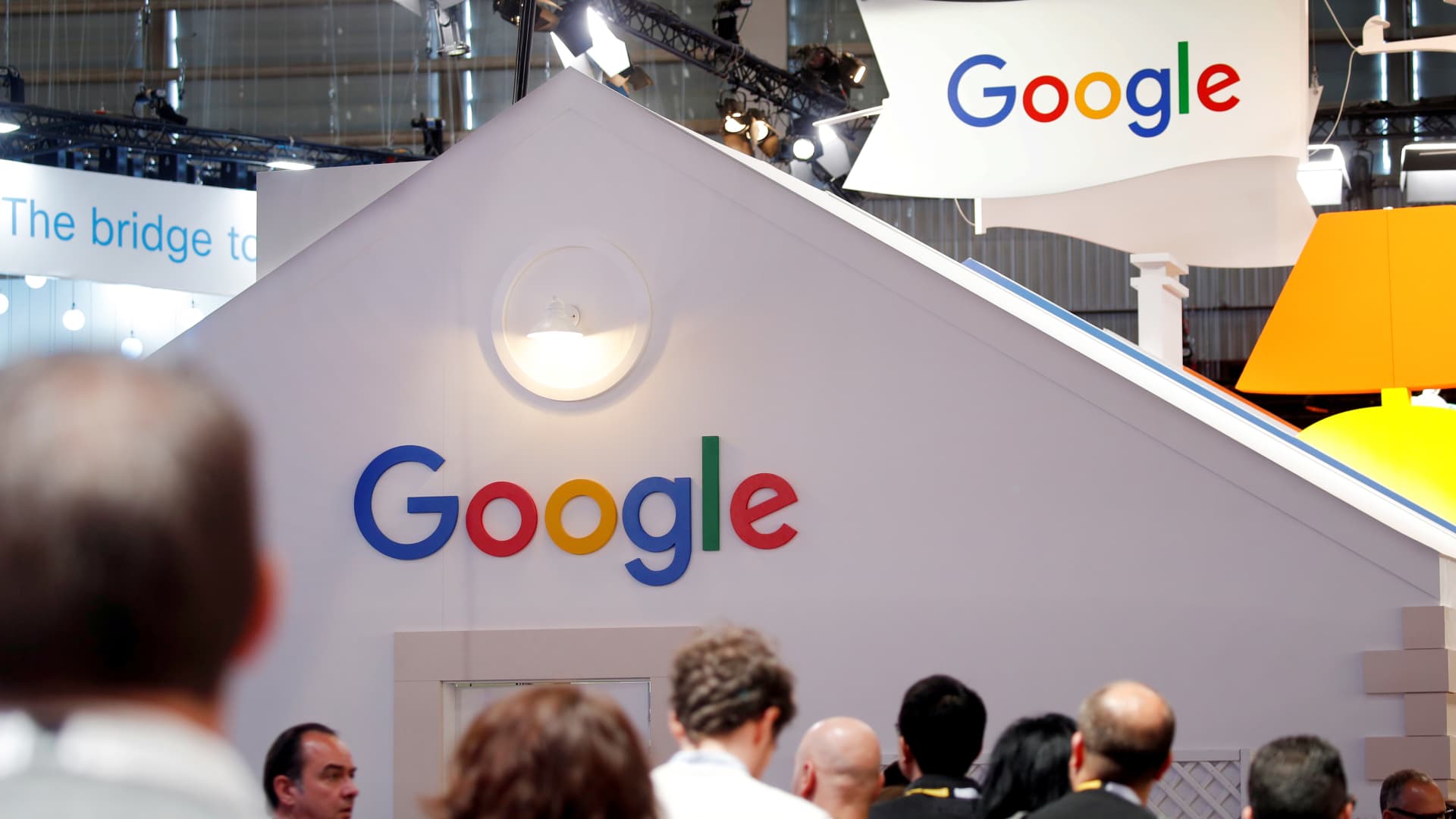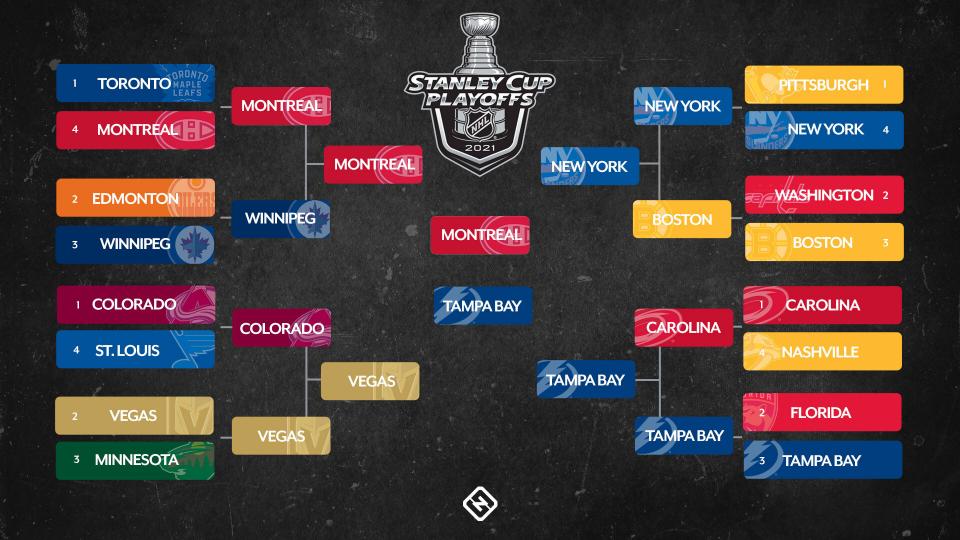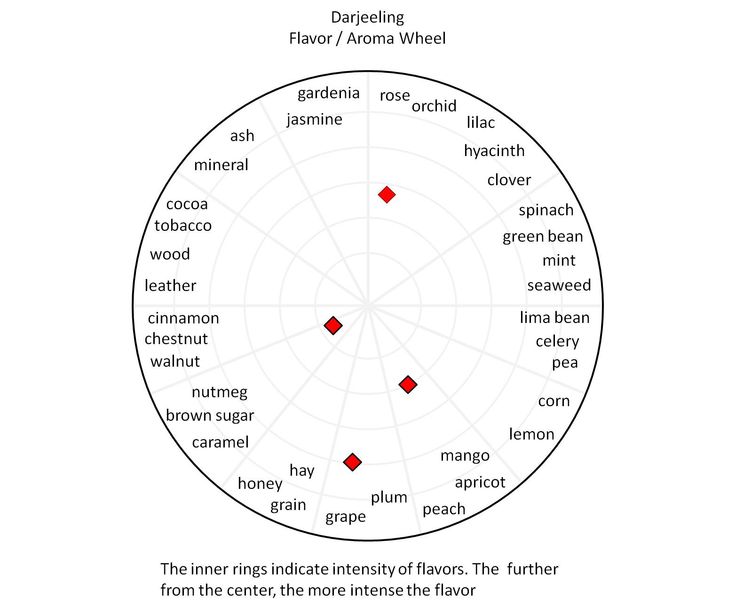Google Faces U.S. Demand To Break Up Its Online Advertising Business

Table of Contents
The Department of Justice's Case Against Google's Advertising Dominance
The DOJ's lawsuit alleges that Google has engaged in a range of anti-competitive practices to maintain its stranglehold on the online advertising market. This “Google advertising monopoly,” according to the DOJ, is achieved through a combination of tactics designed to stifle competition. The core of the case centers on Google's control over key aspects of the digital advertising supply chain, impacting how ads are bought, sold, and displayed.
-
Specific Allegations: The DOJ claims Google has abused its dominant position by:
- Manipulating ad auctions: Allegedly using its control over ad tech platforms like Google Ads, Ad Manager, and AdSense to favor its own products and disadvantage competitors.
- Anti-competitive contracts: Imposing restrictive clauses on publishers and advertisers that limit their ability to use competing ad tech solutions.
- Strategic acquisitions: Acquiring promising competitors to eliminate potential threats to its market share.
-
Key Products Involved: The lawsuit focuses on Google's extensive portfolio of advertising products, including:
- Google Ads: The primary platform for advertisers to create and manage online advertising campaigns.
- Google Ad Manager: A platform for publishers to manage and sell their ad inventory.
- Google AdSense: A program that allows website publishers to display Google ads on their sites.
-
Evidence Cited: The DOJ’s case rests upon extensive internal documents, market data, and testimony, suggesting a deliberate strategy to maintain Google's dominant position and squash competition within the digital advertising market. The details of this evidence are expected to become clearer as the legal process unfolds.
The Potential Impact of a Google Ad Business Breakup
A successful DOJ case and subsequent Google ad breakup would have far-reaching consequences across the online advertising ecosystem.
-
Impact on Consumers: A more competitive landscape could lead to:
- Lower advertising costs: Increased competition might translate into lower prices for advertisers, potentially leading to lower prices for goods and services.
- More ad choices: Consumers might see a wider variety of ads and ad formats, offering a more diverse online experience.
- Enhanced innovation: With more players in the market, innovation in ad technology and targeting could accelerate.
-
Impact on Advertisers: The impact on advertisers is complex and potentially disruptive. While they could benefit from potentially lower costs, a breakup could also mean:
- Increased complexity: Navigating a more fragmented ad tech market may increase the workload for advertisers.
- Changes in ad buying strategies: Advertisers would need to adjust their strategies to adapt to the new competitive landscape.
-
Impact on Google: A breakup could result in significant:
- Loss of revenue: The loss of control over a significant portion of the online advertising market would undoubtedly impact Google's financial performance.
- Restructuring: Google would need to undergo a major restructuring of its advertising business.
-
Impact on other players: Other major players in the digital advertising ecosystem, such as Meta and Amazon, could either benefit significantly from increased market share or face increased competition depending on their strategies.
Arguments for and Against Breaking Up Google's Advertising Business
The debate surrounding the potential Google ad breakup is complex, with strong arguments on both sides.
-
Arguments for the Breakup: Proponents argue that breaking up Google's advertising business will:
- Promote competition: Foster a more level playing field for smaller ad tech companies, fostering innovation and consumer choice.
- Enhance consumer welfare: Lead to lower prices, better ad experiences, and more diverse online advertising.
- Address market concentration: Reduce the excessive market power held by a single entity.
-
Arguments Against the Breakup: Google and its supporters counter that:
- Breaking up Google would stifle innovation: Google's integrated approach allows for efficiencies and innovations that benefit both advertisers and consumers.
- It would harm consumers: Fragmenting the market could lead to higher prices and reduced services.
- It's an overreach of government regulation: They argue the current market is sufficiently competitive and doesn't warrant such drastic intervention.
The Future of Online Advertising and Google's Response
Google is vigorously defending itself against the DOJ's allegations. The outcome of the lawsuit remains uncertain, but the case will undoubtedly reshape the digital advertising landscape, regardless of the ruling.
-
Google's Response: Google is expected to employ a multifaceted defense strategy, including:
- Challenging the DOJ's evidence: Arguing that its practices are not anti-competitive.
- Highlighting its innovations: Emphasizing its contributions to the digital advertising ecosystem.
- Negotiating potential concessions: Offering compromises to address some of the DOJ’s concerns.
-
Potential Outcomes: The potential outcomes range from a complete breakup of Google's advertising business to a negotiated settlement involving structural changes or behavioral remedies. The court's decision could set a precedent for future regulation of tech giants.
-
Future of Online Advertising Regulations: This case is likely to influence the broader debate on tech regulation and could lead to increased scrutiny of other large tech companies' market practices in various sectors.
Conclusion: The Ongoing Battle Over Google's Ad Dominance – What's Next?
The case against Google's advertising dominance is a pivotal moment for the online advertising industry. The potential Google ad breakup holds significant implications for consumers, advertisers, and the broader digital advertising landscape. The arguments for and against the breakup highlight the complex tension between promoting competition and fostering innovation. The outcome of this legal battle will have long-lasting ramifications, shaping the future of online advertising and setting precedents for the regulation of tech giants. Stay informed about the developments in this crucial case and its potential impact on Google’s advertising future, the Google ad breakup case, and the future of Google's advertising dominance. The implications are far-reaching and will continue to unfold in the coming months and years.

Featured Posts
-
 V Mware Costs To Skyrocket At And T Reports 1050 Price Hike From Broadcom
May 05, 2025
V Mware Costs To Skyrocket At And T Reports 1050 Price Hike From Broadcom
May 05, 2025 -
 Nhl Playoffs First Round What You Need To Know
May 05, 2025
Nhl Playoffs First Round What You Need To Know
May 05, 2025 -
 Slow Traffic In Darjeeling Understanding The Issues
May 05, 2025
Slow Traffic In Darjeeling Understanding The Issues
May 05, 2025 -
 Cruella Emma Stone And Emma Thompsons Feud Takes Center Stage In New Trailer
May 05, 2025
Cruella Emma Stone And Emma Thompsons Feud Takes Center Stage In New Trailer
May 05, 2025 -
 Nelson Dongs A 390 000 Apo Main Event Victory
May 05, 2025
Nelson Dongs A 390 000 Apo Main Event Victory
May 05, 2025
Latest Posts
-
 Rumours At 48 The Impact Of Fleetwood Macs Implosion On Music History
May 05, 2025
Rumours At 48 The Impact Of Fleetwood Macs Implosion On Music History
May 05, 2025 -
 The Fleetwood Mac Phenomenon Debunking The First Supergroup Rumours
May 05, 2025
The Fleetwood Mac Phenomenon Debunking The First Supergroup Rumours
May 05, 2025 -
 Buckingham And Fleetwoods Studio Sessions A Collaboration
May 05, 2025
Buckingham And Fleetwoods Studio Sessions A Collaboration
May 05, 2025 -
 Fleetwood Macs Rumours A 48 Year Retrospective Of Heartbreak And Hitmaking
May 05, 2025
Fleetwood Macs Rumours A 48 Year Retrospective Of Heartbreak And Hitmaking
May 05, 2025 -
 Gibonni Gost Sarajevskog Sajma Knjiga Predstavljanje Inspirativnog Izdanja
May 05, 2025
Gibonni Gost Sarajevskog Sajma Knjiga Predstavljanje Inspirativnog Izdanja
May 05, 2025
